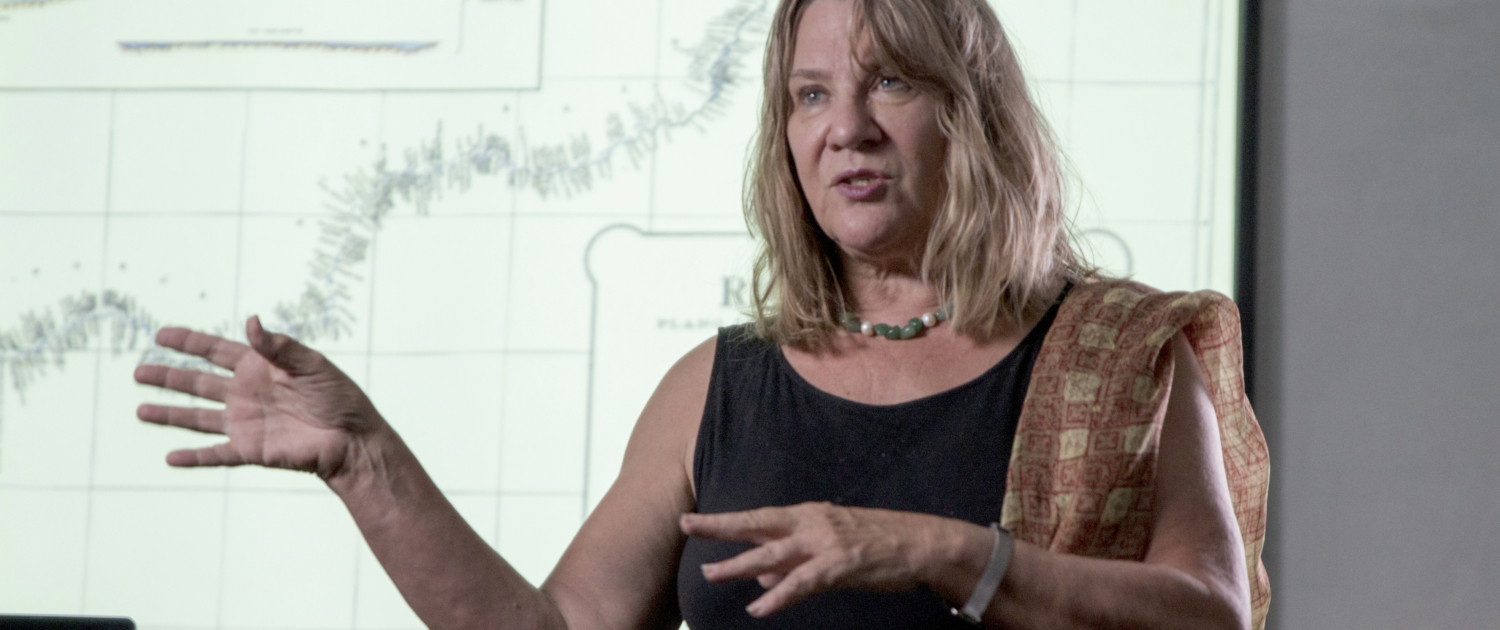Faculty, Students United by Their International Interests
A desire to bring about change in a world that sorely needs it drew three UCLA Luskin undergrads to the Global Lab for Research in Action.
Joey Lu, Karlinna Sanchez and Anjani Trivedi spent their senior year immersed in research aimed at improving the health of women and children around the world — the primary focus of the Global Lab, which was launched at UCLA Luskin in 2019. They translated scholarly texts into persuasive op-eds and policy briefs, and used their skills in digital media and design to increase the audience for the lab’s important work.
“I really like that the Global Lab focuses on under-researched, hard-to-reach populations and doesn’t treat them like people cast aside but like people we could learn from,” Sanchez said.
The Global Lab is one of several UCLA Luskin entities with a distinctly international focus. The Latin American Cities Initiative, established by Associate Professor Paavo Monkkonen in 2019, fosters cross-border collaboration among students, scholars and professionals in the planning and policy fields. Often referred to as Ciudades, the initiative puts an emphasis on discerning shared lessons from different urban cultures.
Since 2014, Global Public Affairs has offered Luskin School graduate students a chance to study abroad, learn from top scholars from across the UCLA campus and earn certificates in any of several international concentrations. GPA is led by Professor Michael Storper, who was also instrumental in developing an Urban Planning dual-degree program that includes a year studying in Paris.
UCLA Luskin also broadened its geographic scope with two ventures helmed by Adjunct Professor of Social Welfare Helmut Anheier: the transdisciplinary social sciences journal Global Perspectives, published by University of California Press, and the Berggruen Governance Index, a data-rich evaluation of the effectiveness of governments worldwide.
At the Global Lab, research on the well-being of vulnerable people around the world is led by Public Policy Professor Manisha Shah, the center’s director and an expert in microeconomics, health policy and international development.
That research portfolio resonated with the trio of interns.
Lu said a trip to Ghana after her freshman year opened her eyes to the powerful forces that keep some countries mired in poverty, and led her to triple major in public affairs, sociology and international development.
Childhood trips back to her birthplace, India, exposed Trivedi to different lifestyles, heightening her interest in comparative economics and helping her think about her own place in the world.
Sanchez grew up in American Samoa, a U.S. territory that “everyone forgets about,” where their public school lacked tables and chairs and their classmates fell into apathy.
“I just see so much potential in my peers, in my population, but no one invests in them,” said Sanchez, who uses they/them pronouns.
The three were attracted to the Global Lab’s research but also its call to action. They worked closely with founding Deputy Director Janine N’jie David MPP ’14, and credited her with shaping a shared public affairs capstone project that would steep them in the research that intrigued them while tapping into their own talents to advance the lab’s mission.
The interns’ aim was to communicate the Global Lab’s work in compelling ways while refining its brand and digital presence. Over the year, the team revamped the lab’s website, stepped up its social media presence, created monthly newsletters and supported its events, taking care to measure the impact of each step of the communications strategy.
In the end, Trivedi said, “it’s the people that have made this experience the most rewarding. This is a company culture where everyone is so passionate about what they do and they have this intrinsic motivation to create change.”

